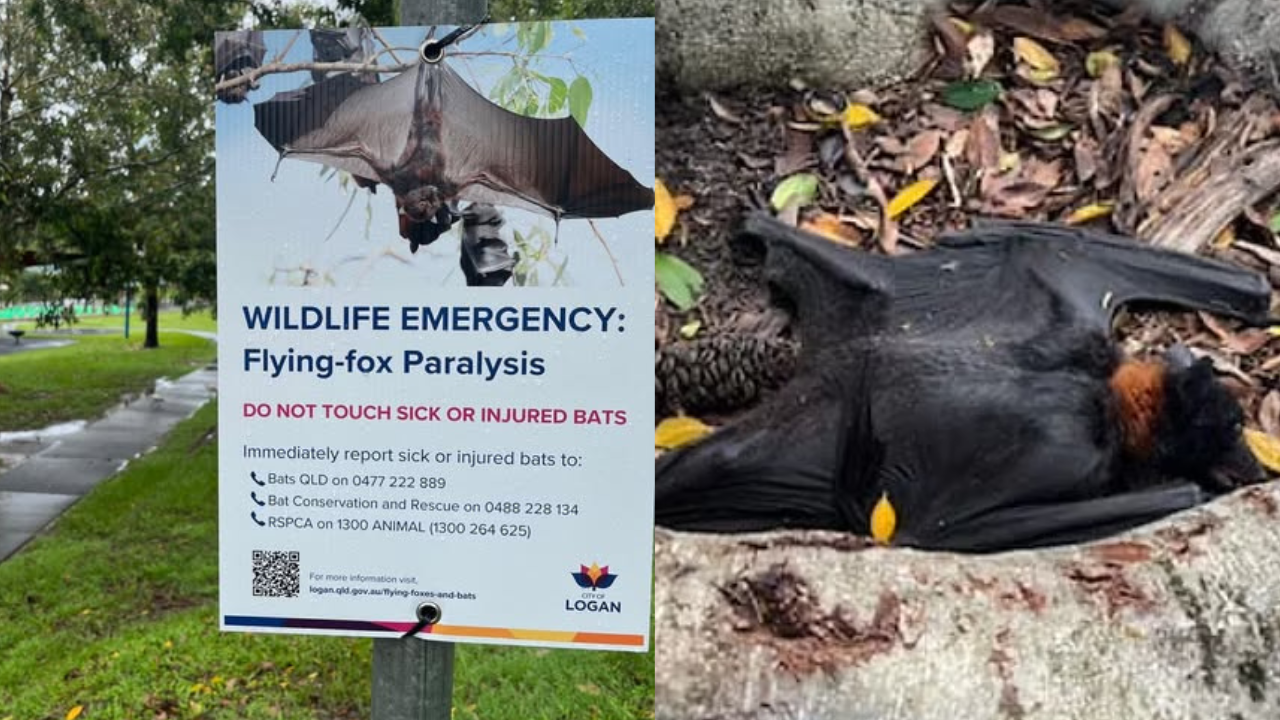‘Russia will use any means it can’: Inside Putin’s ‘paranoid’ spy network

- by Admin
- July 13, 2024
It seems Russia’s tentacles extend around the world.
The UK has made multiple arrests this year alone, accusing people of spying for Moscow while Ireland stopped issuing diplomatic visas to Russians amid concerns Vladimir Putin’s embassy in Dublin had become a hotbed of intelligence operatives posing as attachés.
In Brazil, there’s an investigation underway about how alleged Kremlin snitches have been able to lead double lives and use the country as a springboard to infiltrate other nations.
But as Australians found out this week, when allegations of Russian spying surface in 2024 they appear less like James Bond, and more akin to suburban Brisbane.
On Friday, the AFP arrested two Russian-born Australian citizens at their Everton Park home, in the Queensland capital’s north, and charged the couple with preparing an espionage offence.
Kira Korolev, 40, and her 62-year-old husband Igor are accused of working together to obtain sensitive information regarding national security interests.
Neither has entered a plea. The offences carry a maximum jail term of 15 years.
Loading…
The charges have shone a light on one of the globe’s most notoriously dark spaces: the ways Russia gathers its intelligence.
Andrei Soldatov, an exiled Russian investigative journalist living in the UK and an expert in Kremlin’s intelligence agencies, says Mr Putin’s invasion of Ukraine had forced the regime to look at other options.
“After [the invasion in] 2022, Russian agencies saw massive expulsions of diplomats. Many of these diplomats were actually spies,” he says.
“So, Russian agencies needed to find some way to make up for these expulsions and now, they’re relying more and more, on foreign nationals.”
Russia has three main intelligence services: the FSB, which is largely responsible for domestic intelligence, the SVR, which is concerned with foreign undercover work, and the GRU, which handles military intelligence.
Mr Soldatov says Russia’s agencies have a different objective to those in Western countries.
“For Western intelligence agencies, the main goal is to collect intelligence, but for countries like Russia the main goal is to protect political stability in the country, and protect the political regime,” he says.
“It’s more about spying on and trying to identify countries that might have some plans to undermine political stability in Russia. So it’s a bit more paranoid.”
The AFP has accused Ms Korolev, who works for the Australian Defence Force, of secretly travelling to Russia, where she allegedly instructed her husband on how to log into her work account and access material to send to her.
The couple had been living in Australia for more than a decade before the alleged offending.
‘Routine’ for Russia to ‘threaten families’
Australia is not the only country making accusations about alleged Russian spies.
British authorities arrested six Bulgarians earlier this year in various locations around the UK, who will go on trial in October accused of spying for Russia.
In Austria, the March arrest of a 61-year-old man accused of selling classified information to Russia revived fears the country had become the most compromised in the European Union.
Brazilian authorities are probing how Russian operatives may have infiltrated the country using forged documents, before using their new identities to travel the world.
The list goes on.
Jenny Mathers, a senior lecturer in international politics at Aberystwyth University, in Wales, says there are no limits to what Moscow’s regime will do to get information.
“The Russian state will use any means that it can to get results,” she says.
“This is not a state, or an intelligence agency, which has a particular interest in adhering to any ethical dimensions as they carry out their operations.”
Loading…
Dr Mathers says officials from the country’s three main intelligence organisations “keep tabs” on Russians abroad.
“They are always under the eye of Russian authorities, but perhaps more importantly they’ll likely have family and other ties back in Russia who can be used as leverage,” she says.
“It’s routine for Russia’s regime to threaten family members of these types of people and say things like, ‘If you don’t come back to Russia and do these things for us, then your mother might be at risk, or there might be some problems that your family members face.’
“Or, they can use leverage like something unpleasant in a person’s background to threaten them with.”
Keir Giles, a Russia expert at London-based international affairs think tank Chatham House, says Australia was not immune to Russian intelligence gathering.
“Distance doesn’t lend protection,” he says. “There’s been a comforting illusion that the further away you are from Moscow, the safer you are.
“That’s led countries in the far west of Europe like Spain, Portugal, even Italy and France to neglect their defence spending because they think they’re not a target.
“However, the ways of sabotage, attacks and attempted assassinations across Europe recently has shown that Russia has other means of reaching out that are not dependent on geography and countries that are much further afield are a target as well.”
The Latest News
-
December 28, 2024The moment the Boxing Day Test took a turn for the worse for Australia
-
December 28, 2024He was the last Australian man to win the Australian Open and did so while ranked outside the world’s top 200
-
December 28, 2024Their ‘little gladiator’: Team Konstas absorbs Sam’s supernova debut
-
December 28, 2024Reddy’s fighting century keeps India in Border-Gavaskar series
-
December 28, 2024Australia’s hopes of MCG victory worn down by fighting spirit of India’s youth



